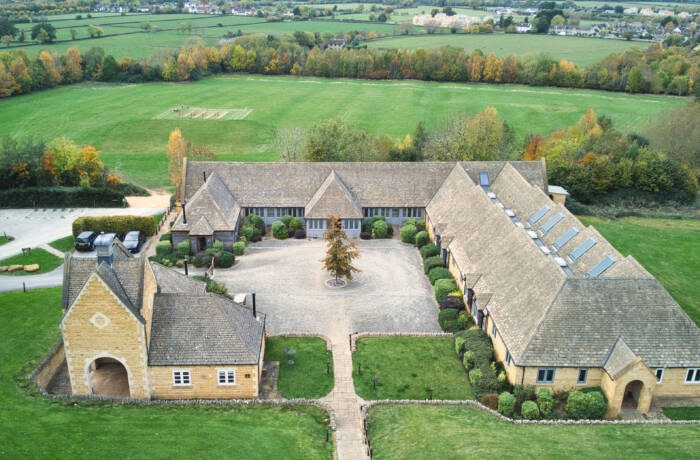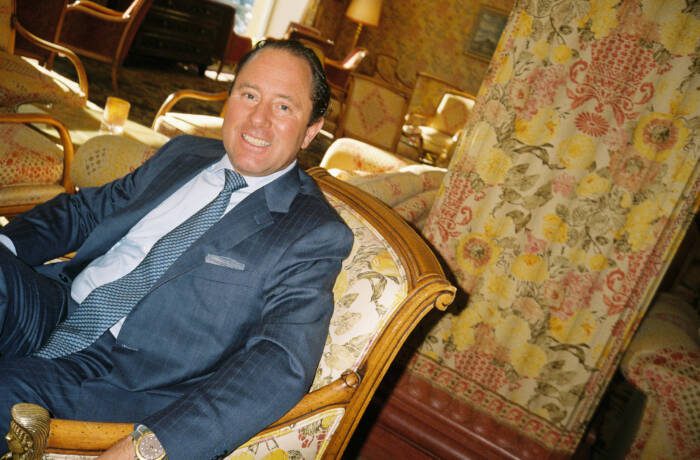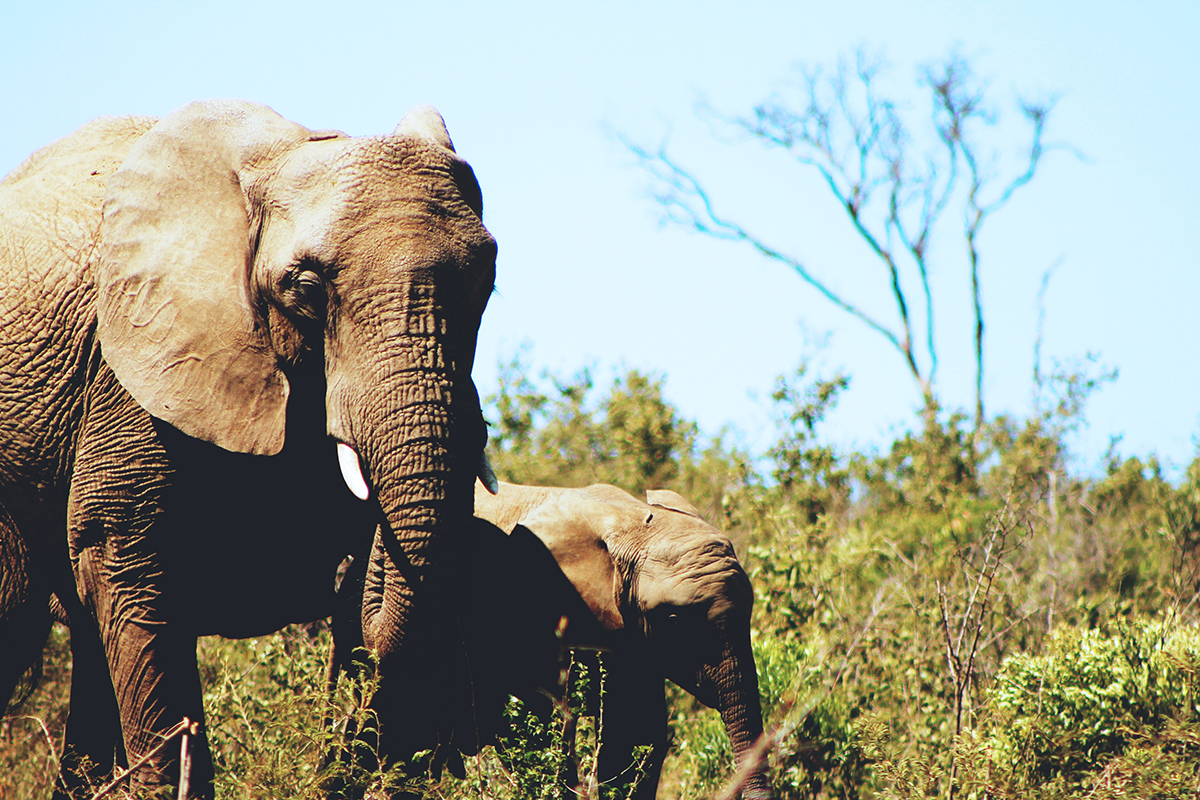
Wildlife conservation is essential to the tourism industry in Botswana. Image by Cristy Zinn.
A holiday is not simply a time for rest and relaxation, it’s also about discovery and education, says Abercrombie & Kent Founder Geoffrey Kent in his latest column for LUX. Travellers and the tourism industry have a responsibility to protect the places they visit, and the wildlife
Cultural curiosity inspires travel. How better to understand the impact of a volcano than to visit Pompeii? Seeing Victoria Falls gives you a new understanding of how “the smoke that thunders” fuelled the imagination of the earliest explorers. And to truly comprehend the threat of extinction facing species as diverse as mountain gorilla, tiger, Asian elephant and rhino, you must see them in their natural habitats.
Follow LUX on Instagram: the.official.lux.magazine
This thirst for understanding can be harnessed in ways that have the potential to reshape our world. I am lucky enough to have worked hand in hand with visionary leaders to protect wilderness areas that are home to endangered species in order to preserve them for future generations.
In 1985, I met with the soon-to-be President of Uganda, General Museveni. Together we discussed how to protect their mountain gorillas while at the same time benefiting the local Batwa people. Museveni set aside a reserve area, and in return, A&K brought tourists to see them, establishing the first luxury camp. As a result, the gorillas were protected and became the focus of a burgeoning tourism economy. Thirty years later, Bwindi Impenetrable Forest is a safe haven for more than half of the world’s surviving mountain gorillas.
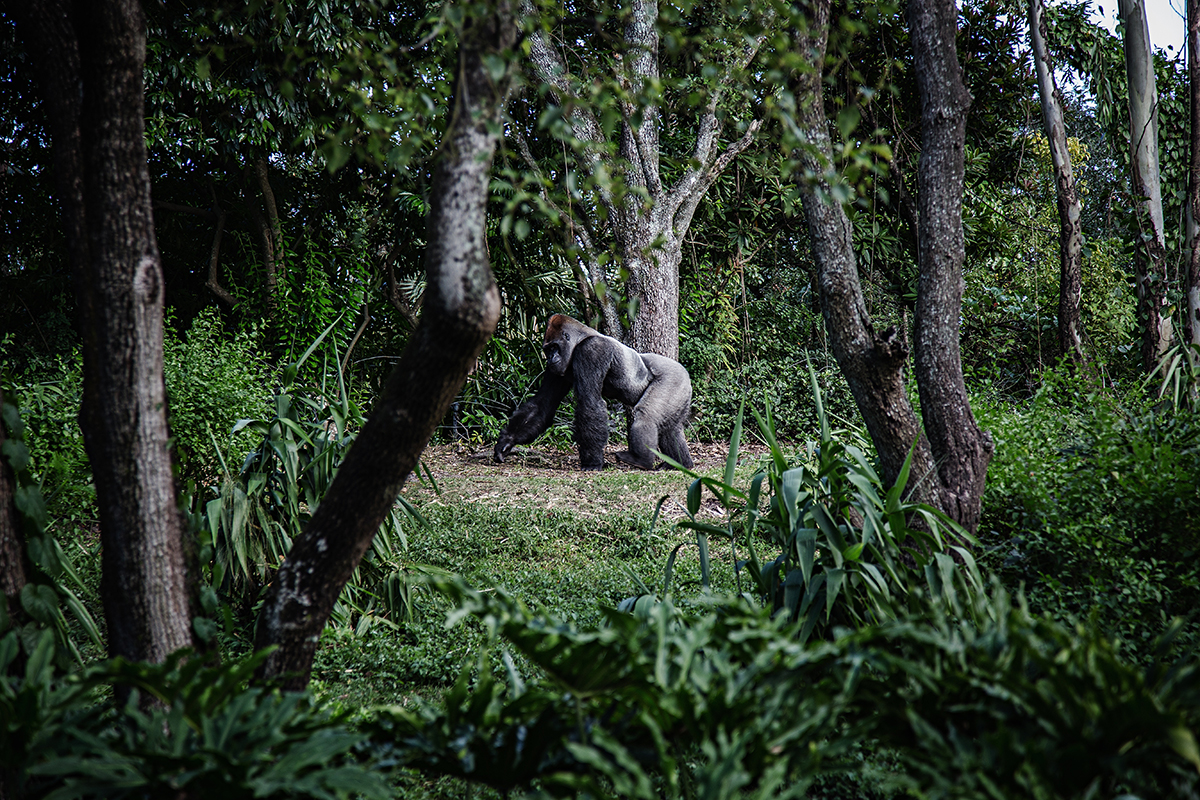
Tourism has helped to protect the mountain gorillas of Uganda and their natural environment. Image by Mike Arney
Botswana offers a very different safari experience; an unusual combination of desert and delta with an immense concentration of wildlife, especially elephants. It is wild, pristine and expansive. His Excellency the President Seretse Khama Ian Khama made a commitment to develop the country in a sustainable manner — not with “a short-term approach that leaves nothing for the future”. Today some 34 per cent of the adult population works in tourism and wildlife, contributing to the conservation of fragile habitat and threatened species, as well as generating income and employment.
Read more: Hong Kong’s emerging fashion designers
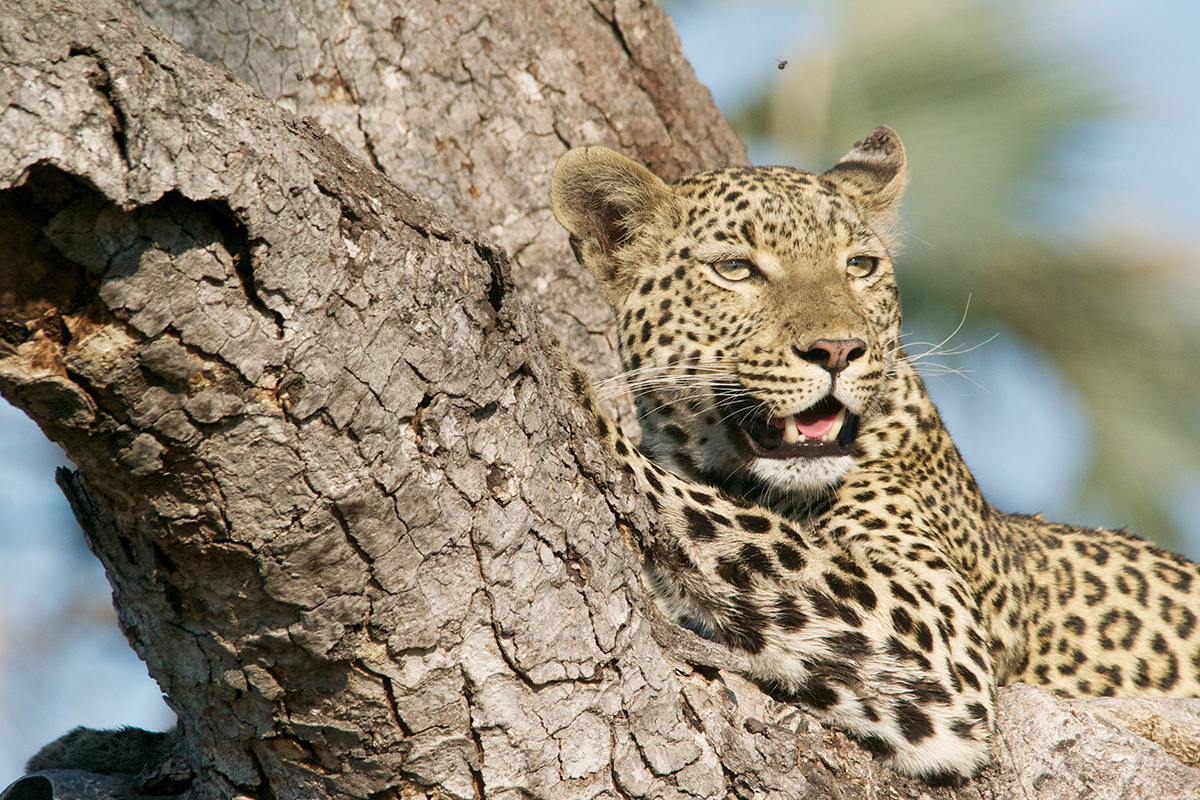
AKP runs conservation projects to protect both the wildlife and local culture. Image by Andy Brunner
To support these kinds of landscape conservation efforts, we established Abercrombie & Kent Philanthropy (AKP). Our projects range from wildlife conservation to education and small enterprise initiatives. We save leopards in Sri Lanka by helping cattle farmers protect their herds overnight from predation. We support the Hansraj Children’s Home in India – a residential school that provides equal education opportunities for 100 girls including free education, books, meals, and clothes. We teach women in Botswana to repair and sell bikes, enabling them to feed and educate their children.
AKP has more than 40 projects on all seven continents, offering our guests a unique opportunity to meet local people making a difference through their commitment to protecting their country’s natural and cultural heritage.
I believe the travel and tourism industry should play an essential role in protecting wildlife by integrating sustainable practices into a triple bottom line of environmental, economic and social responsibility.
To learn more about Abercrombie & Kent’s philanthropic efforts and to find out how you can help visit: akphilanthropy.org

